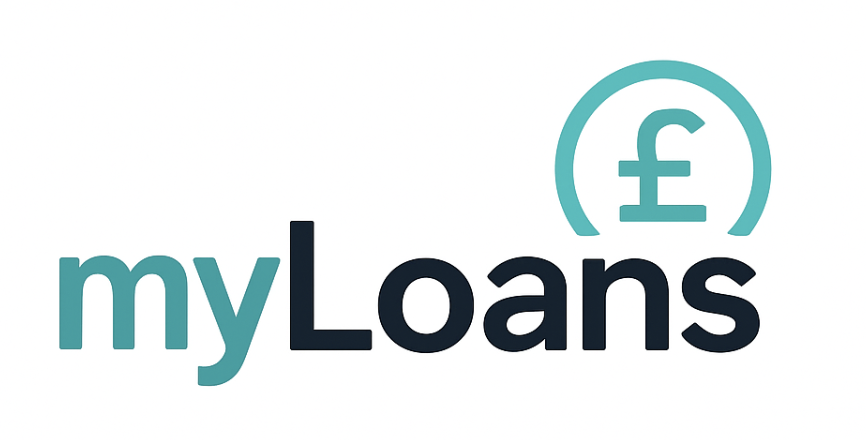How Missing a Payment Affects You
If you miss a guarantor loan repayment, the lender will:
-
Record the missed payment with credit reference agencies (Experian, Equifax, TransUnion).
-
Contact you by email, phone, or letter to request payment.
-
Add late payment fees or interest if allowed under your loan terms.
A single missed payment may not destroy your credit score, but repeated late payments quickly lead to arrears and potential default notices. These remain on your file for six years, severely limiting your ability to get credit in the future.
How the Lender Will Contact You
UK lenders regulated by the Financial Conduct Authority (FCA) must follow strict rules on treating customers fairly. This means they cannot harass you, but they can:
-
Attempt to arrange a repayment plan directly with you.
-
Offer “breathing space” or temporary reduced payments in line with FCA guidance.
-
Contact your guarantor if you don’t engage with them.
If you ignore repeated contact attempts, the case escalates quickly to your guarantor.
What Happens to Your Guarantor
Your guarantor is legally bound to step in if you fail to pay. This means:
-
They are asked to cover your missed repayments immediately.
-
If they pay on time, their own credit score is unaffected — but their finances are strained.
-
If they cannot or will not pay, negative entries appear on their credit file.
-
Lenders may pursue both borrower and guarantor through the courts if payments stop altogether.
📌 Key fact: Many complaints to the Financial Ombudsman Service come from guarantors who did not fully understand the extent of their liability. It’s important that both borrower and guarantor know the risks before signing.
Impact on Your Credit Score
For borrowers:
-
Each missed payment lowers your score.
-
Defaults remain on your file for six years.
-
A guarantor loan that goes unpaid makes it harder to get credit cards, car finance, or mortgages.
For guarantors:
-
If you are forced to pay and keep up with payments, your score stays safe.
-
If you miss repayments yourself, defaults and CCJs can appear on your credit report.
-
Even acting as a guarantor can reduce borrowing capacity, as lenders see it as a liability.
Legal Action and County Court Judgments (CCJs)
If neither borrower nor guarantor pays, the lender may escalate to legal action:
-
Court proceedings may result in a County Court Judgment (CCJ) against one or both parties.
-
A CCJ makes it very difficult to get mainstream credit, rent property, or secure a mortgage.
-
If ignored, bailiffs or enforcement officers may be instructed.
CCJs remain on your credit file for six years unless paid in full within one month of issue.
How to Get Help With Payments
If you’re struggling to pay a guarantor loan, seek help early. Options include:
-
Contacting your lender: Ask about repayment holidays, reduced payments, or breathing space schemes.
-
Free debt advice charities: Organisations like StepChange, Citizens Advice, and National Debtline offer confidential support.
-
Debt management solutions: Depending on your situation, a Debt Management Plan (DMP), Individual Voluntary Arrangement (IVA), or Debt Relief Order (DRO) may be appropriate.
-
Financial Ombudsman Service: If you believe the loan was mis-sold or affordability checks were not carried out, you can make a complaint.
Options for Guarantors Who Are Asked to Pay
If you are a guarantor facing repayment demands:
-
Check the paperwork: Did the lender assess your ability to afford repayments before approving the loan? If not, you may have grounds for complaint.
-
Ask the borrower for transparency: Ensure you understand why payments have been missed.
-
Seek advice: Contact debt advice charities for support on managing repayments.
-
Complain if mis-sold: Many guarantors have successfully challenged their liability if they were not properly informed about the risks.
Alternatives to Guarantor Loans
If you’re concerned about missing payments or guarantor liability, consider other borrowing options:
-
Credit union loans: Lower APRs, community-based, often more flexible.
-
Secured loans: May offer lower interest rates but require property or assets.
-
Credit-builder credit cards: Small limits designed to help improve poor credit scores.
-
Debt consolidation loans: Simplify multiple repayments into one monthly payment.
Final Thoughts
Missing payments on a guarantor loan has serious consequences. As the borrower, your credit file can be damaged for years, while your guarantor may be forced to cover your repayments or even face legal action.
The good news is that help is available. Lenders regulated by the FCA must treat you fairly, and free UK debt charities can support you in finding a solution. The most important step is to act early — don’t ignore repayment problems, as the impact only grows worse over time.
For more insights, see our Guarantor Loans UK Guide and our article on Do Guarantor Loans Affect Credit Score?.
How Much Can You Borrow with a Guarantor Loan?
If you’re considering a guarantor loan, one of the first questions you’ll likely ask is: “How much can I actually borrow?” The answer isn’t the same for everyone. While most guarantor lenders in the UK advertise loans between £1,000 and £15,000, the amount you’re...
How to Apply for a Guarantor Loan in the UK: Step-by-Step Guide
Guarantor loans are designed for borrowers who may struggle to get approved for credit due to poor or limited credit history. If you’re ready to move forward, you may be wondering: how do I apply for a guarantor loan? This guide walks you through the full application...
Loan Guarantors Explained: Who Can Be a Guarantor
When applying for a loan with poor credit, lenders may ask for a loan guarantor. But what does that mean, who can act as a guarantor, and what responsibilities are involved? In this guide, we explain the role of guarantors in the UK, how they affect the loan...
Direct Lender Bad Credit Loans: With and Without Guarantor
When you’re searching for a loan with poor credit, you’ll often come across two terms: direct lenders and guarantor loans. But what does “direct lender” really mean, and how do loans with or without a guarantor compare? This guide explains everything you need to know...
Do Guarantor Loans Affect Your Credit Score in the UK?
Before applying for a guarantor loan, many borrowers and guarantors ask the same question: Will this affect my credit score? The answer is yes — guarantor loans can have both positive and negative effects on credit ratings, depending on how the loan is managed. In...
Guarantor Loans: Eligibility and Application Process
A Complete Guide to Guarantor Loans in the UKFinding affordable credit when you have a limited or poor credit history can be challenging. This is where guarantor loans come in. These loans allow you to borrow money with the help of a friend or family member who agrees...








